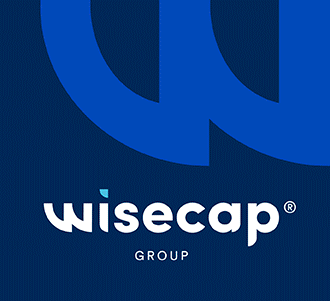"PET collection and recycling rates are exceptional in the plastics packaging industry which shows the important role of the material in the Circular Economy", summarizes Christian Crépet, Executive Director of Petcore Europe.
Collection rates vary significantly across regions
From highs of 90-95 % in countries like Germany and Finland to less than 30-40 % in Mediterranean countries or central eastern European countries the collection rates vary significantly. This is influenced by different methods of waste collection and sorting: Deposit return scheme, kerbside collection and collection points.
Compostition of PET bales, reclamation capacities and end markets for rPET
The survey outlines an increase in PET trays and opaques in clear and transparent PET bales. Even though the products are recyclable they negatively affect the quality of the reprocessed flakes. The share of PET trays in clear bales is different from country to country ranging from 1 % up to 12-18 %. The same goes for trays and opaque bottles in mixed colour bales, where the share ranges from 1 to 25 %. It has to be mentioned that this opaque and difficult to recycle (ODR) PET material should be collected in separate streams.
With an actual processed PET amount of 1.741.700 tonnes and an installed maximum capacity of 2.038.100 tonnes in 2017, there was an unused capacity of 296.400 tonnes which can be caused by numerous reasons, one of them being the quality of the collected PET. Moreover, insufficient quantity of collection can be observed - a lack of 115.000 tonnes in 2017.
In 2017 the major market for r-PET with 40% remained sheet, followed by blow-moulding applications with 29.5% and fibres with 15.5%. The remaining 15% are used for strapping and other applications.
"Today, all PET beverage bottles and most PET trays are designed to be recycled. European PET recyclers currently have an unused capacity of 296.400 tonnes and brand owners commit to use more and more recycled PET. Harmonized European-wide collection is therefore necessary in order to meet the demands", says Christian Crépet.








